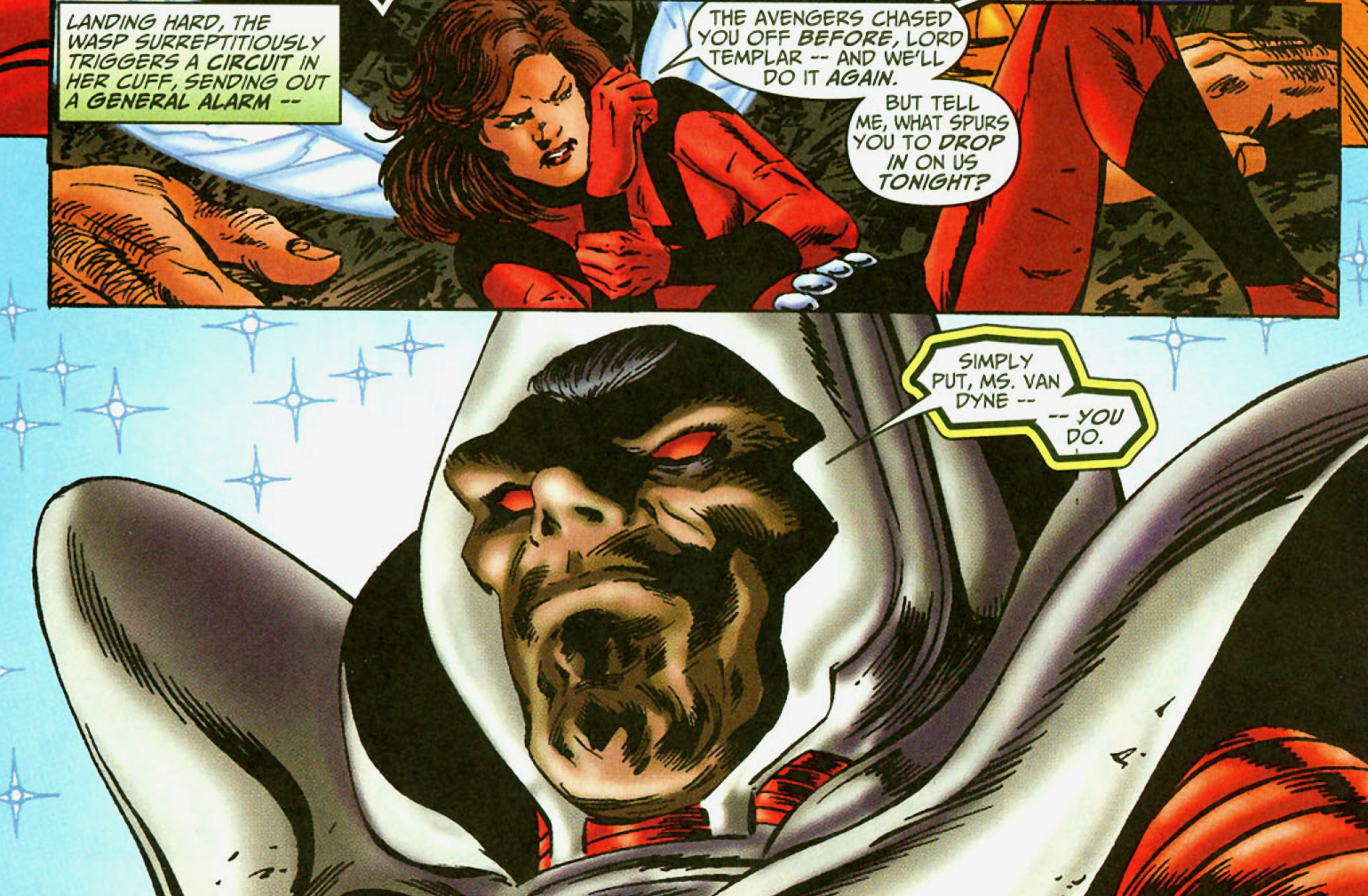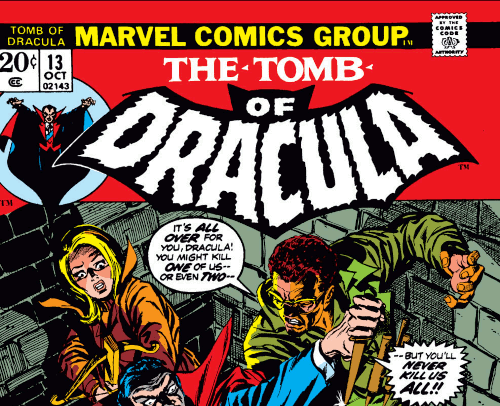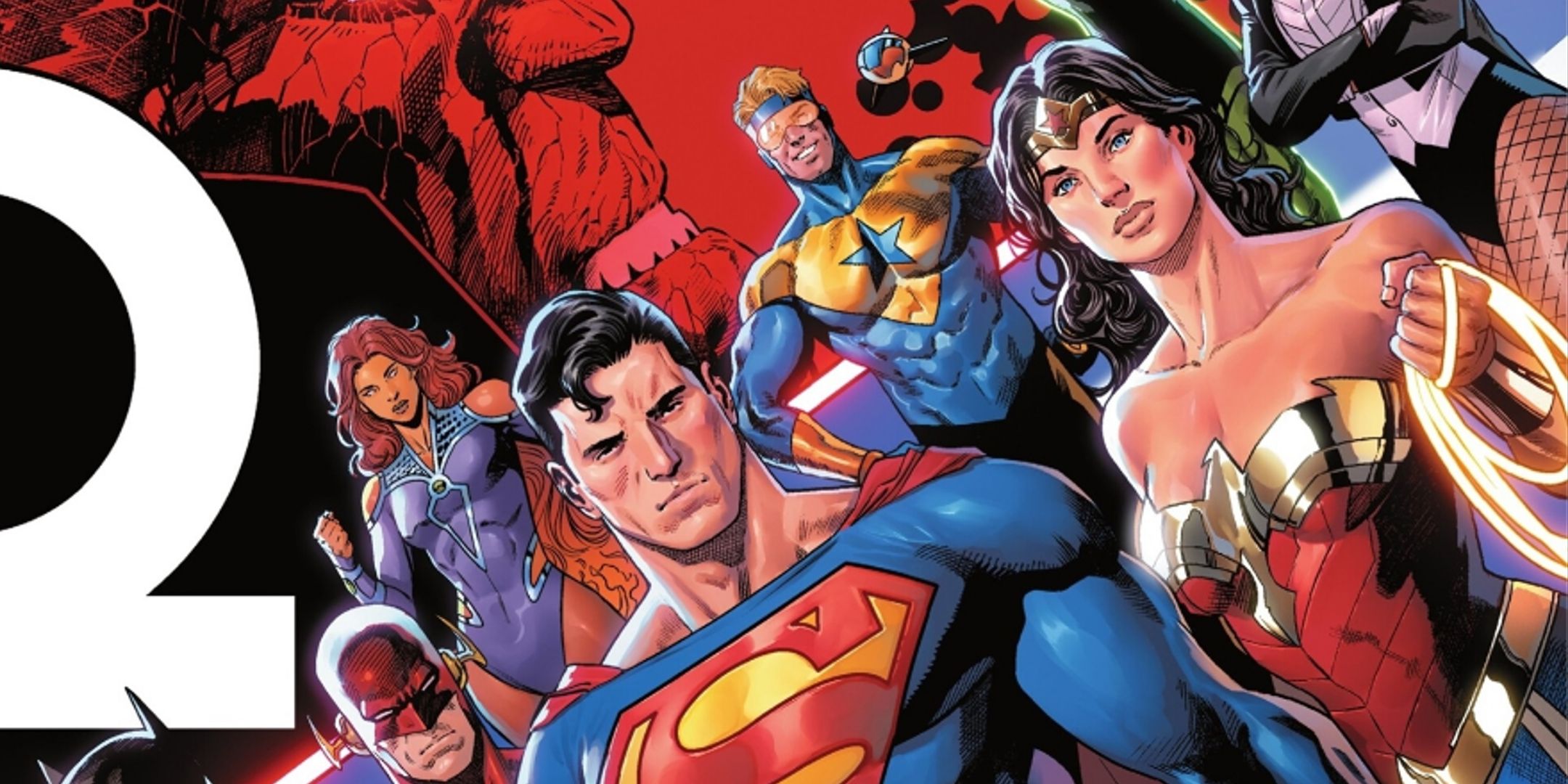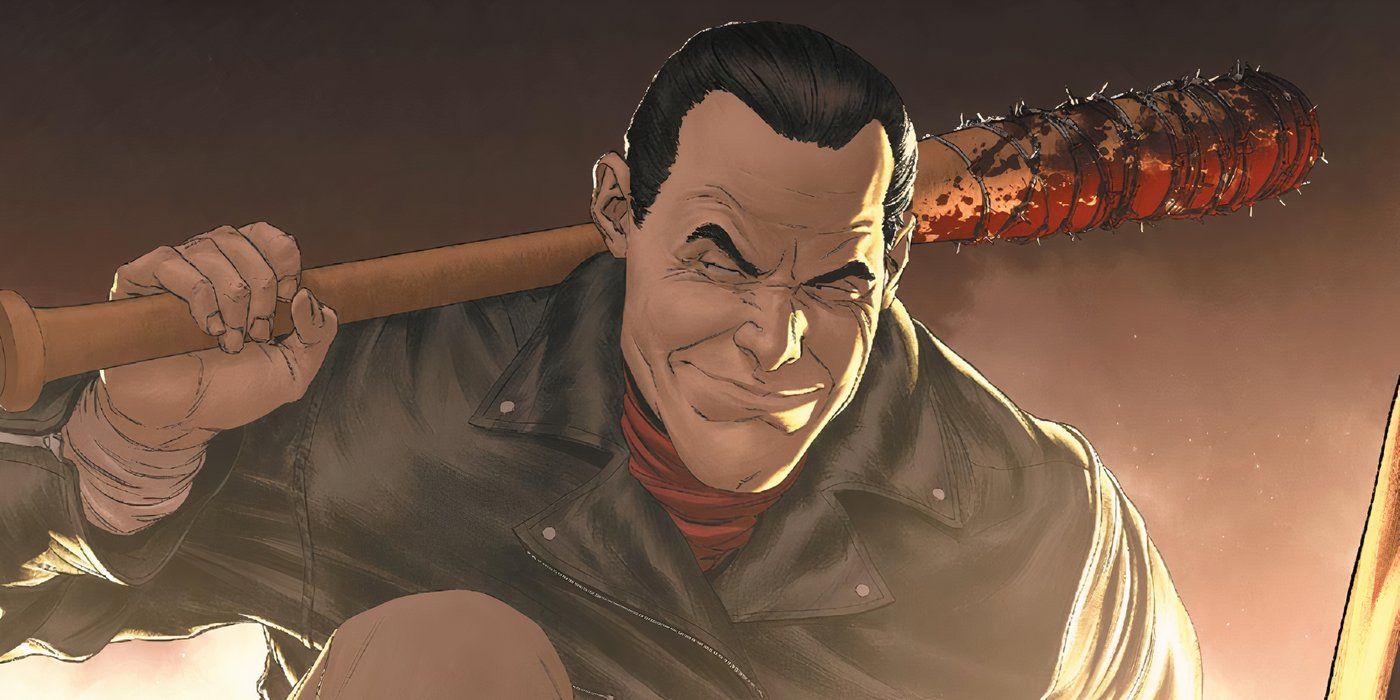
Let’s say you’re writing a four-part ensemble story. You’ve laid out maybe a dozen different elements in the forms of plot threads, character ideas, and avenues for social or political commentary. Your story is moving along at an entertainingly fast clip for the first three parts, and now your remaining challenge is to bring it all home.
What do you do?
If you’re Leah Williams, you go all out on one final super-sized fight scene.

This final issue of 2024’s revival of Gotham City Sirens hits the ground stomping. White Rabbit is now fully helping the Marquee Trio of Harley, Ivy, and Selina, having split off another incarnation of herself to add yet another body to the roster. The hook this time, however, is that this isn’t just another White Rabbit; this is Dumb Bunny, a giant, hulkish, toddler-brained behemoth capable of smashing anything that needs smashing. It’s a fun addition requiring almost no narrative exposition or explanation. Dumb Bunny is an effectively zany element to drop into the chaos.
Ivy gets “something to do” here as well, which is something I had asked for in a previous review. It’s nice to know folks are listening! I suppose when you have Ivy’s powers, it’s not hard to find some sort of vegetative bent to exploit.

Where things fall flat is how Williams’ script is not quite able to balance the social commentary that it’s laid out, namely an exploration of the hyper-consumerism of gaming culture and its effects on the male psyche in social settings, alongside the big, thrilling action set-pieces that readers expect with a title of such bombastic pedigree as Gotham City Sirens. A good deal of those initial critical threads are dropped here, and the army of brainwashed hype-pilled VR gamer bros devolves into generic, eyeless third act battle monsters. There is an attempt at salvaging the anti-consumerist bent with some patchy dialogue, as Punchline cries in agony not over the loss of her soldiers, but over the sinking of her “investment capital”, leaving Poison Ivy to defiantly declare that there is “no such thing as an ethical billionaire.” True though that statement is, it feels tacked on to the battle at hand.
Speaking of Punchline, she presents a curious case here as the series wraps up. Her big reveal at the end of the first issue portrayed her, in the ecosystem of this toxic corner of late-stage capitalism, as the sexy spokesperson meant to lure the gazing public into playing to the interests of a larger corporate entity. But by the end of the mini-series, it seems as though Leah Williams wants to have Punchline herself be the villainous corporate entity. It’s not necessarily a glaring inconsistency; it is of course possible for a CEO to also be the alluring face of her company. It just feels a little like a missed opportunity to have someone else fill in one of the roles and the teamed up heroes face off against a pair of teamed up villains.

We get two artists here on this slightly oversized finale issue. Daniel Hillyard returns for the first half, while the second half is tackled by the upstart team of Brandt & Stein. It’s a fairly harmonious handoff stylistically, with each artist’s work complementing the other without copying or crowding. It’s a handoff made even more satisfying by immediately following a scene wherein Selina and White Rabbit experience, shall we say, some involuntary psycho-chemical alterations.
The whole cowboy hats and spurs motif never quite pays off beyond an obvious sentiment on the part of the creative team that such a general visual theming would be a fun idea. I certainly didn’t need it to have some sort of grander narrative imperative, but now with all four issues sitting in front of me, I can’t help but feel like the editors just liked the look and idea of Harley, Ivy, and Selina dressed like cowgirls and so worked from there, and the meaning of the theming feels as if it’s not any deeper than getting a certain look for the covers.

This go-round of Gotham City Sirens gets an A for concept and a C+ for execution. There’s certainly a lot going on here, but it never quite hit the conceptual heights that it laid out for itself in its inception. The book does absolutely deliver
on its most basic promise. If all you’re expecting out of this title is to see these three ladies punch, kick, and solve problems alongside one another, then there’s no reason to ignore this book.
Recommend if…
- You want to see the Sirens take on an army of the sort-of-undead
- You’ve been wanting to see Selina in her classic Catwoman element
- You’ve always dreamed of a HQ vs Punchline showdown
Overall: GCS #4 is a curiously formulaic conclusion to a mini-series that was never afraid to throw out unconventional ideas. The formula it’s working with, however, is a proven one.
Score: 6.5/10



















 English (US) ·
English (US) ·